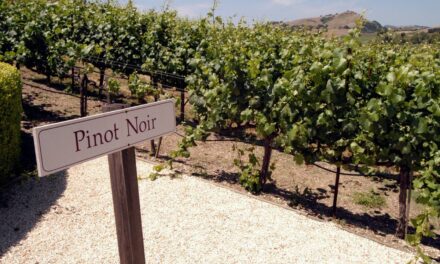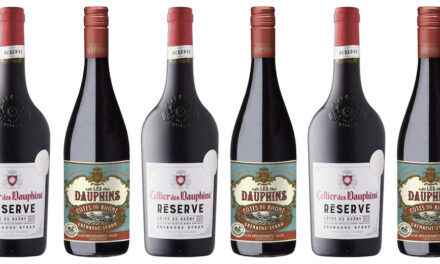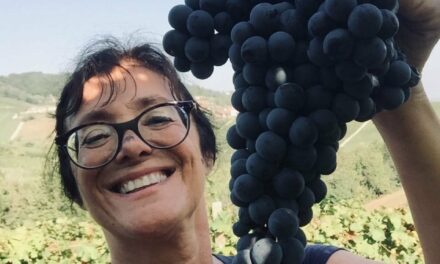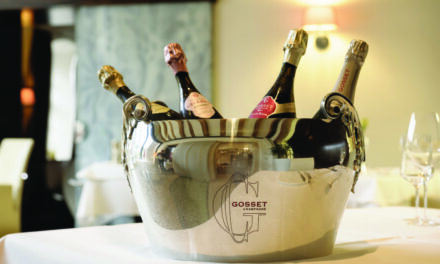2021 Cantine Leonardo da Vinci Leonardo Chianti $129.95 (5l bottle)
Celebrate big with the elegance and artistry in this food-friendly red.
Da Vinci the scientist. Da Vinci the philosopher. Da Vinci the architect. Da Vinci the painter, sculptor, designer. Da Vinci the author, and also mathematician and musician. Over the centuries, the figure of Leonardo da Vinci has never ceased to give us new revelations, fascinating and astonishing us with every new facet and interpretation. Today is a new era, dedicated to the discovery and narration of the more personal side of the Genius, that of his passion, his love for excellent wine and wellbeing at the table. Let us take you into the world of Leonardo Wine Lover.
Da Vinci took inspiration from nature in the vineyard, and had a genuine, everyday relationship with wine: intimate aspects that we can see throughout his life, thanks partly to codexes and texts that have survived until today. His passion for viticulture was awakened in his early years in Vinci, a village in the Tuscan countryside immersed in a region ideal for vine cultivation, where the family had property and vineyards, and lasted until his final years in Milan. Over the years, da Vinci also travelled to Romagna, at the behest of Cesare Borgia, who hired him for his talents and knowledge as a military engineer. Here, he was able to taste the local wines and learn highly developed winemaking techniques. In Milan, Ludovico il Moro gave him a hectare of vineyard as recompense for painting The Last Supper. This was the only property owned by the genius to be mentioned in his will. Da Vinci was particularly fascinated by the beneficial effects of wine on the soul, and wine was regularly included as an essential item in his shopping list.
Among his many areas of study, the Genius dedicated himself to the art of making excellent wine: knowledge, observation and respect for nature were the fundamental preconditions that made all the difference in the vineyard, and, from his investigation of natural processes, he understood a series of good practices that enabled him to obtain a wine with no defects. Proof of da Vinci’s original interpretation, a pioneer also in this field, is in the letter he sent in 1515 to his grower in Fiesole: here we can see da Vinci’s methodological observations, winemaking techniques that today are taken for granted, but that for those times were trailblazing – such as maximising the quality of the grapes, fertilising the vines with basic substances, and optimising the winemaking process through fermentation in sealed barrels and frequent decanting.
“From Milan to Zanobi Boni, my Steward.
The 9th of December, 1515The last four carafes of wine were not as I expected them to be, and I very much regret this.
The vines in Fiesole, cultivated at their best, should give Italy an excellent wine, such as that of Ser Ottaviano.
You know that I have already said that one should fertilise the rows of vines with rubble from old, demolished walls to dry out the roots and trunks, so that the leaves attract all of the substances useful for the perfection of the grapes.
Furthermore, in our times we do the worst thing: we ferment the wine in open vessels, so the essence dissipates into the air, and all that remains is a flavourless liquid, coloured by the skins and flesh of the grapes; and then we do not decant as we should, and for this reason the result is a turbid wine, heavy on the stomach.
Therefore, if you and the others embraced this reasoning, we would drink an excellent wine.
May the Lord be with us and keep you safe”







